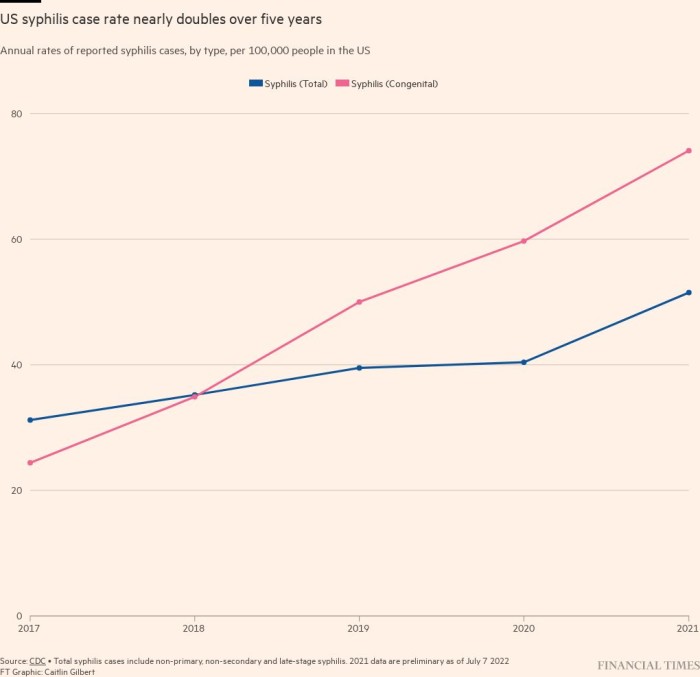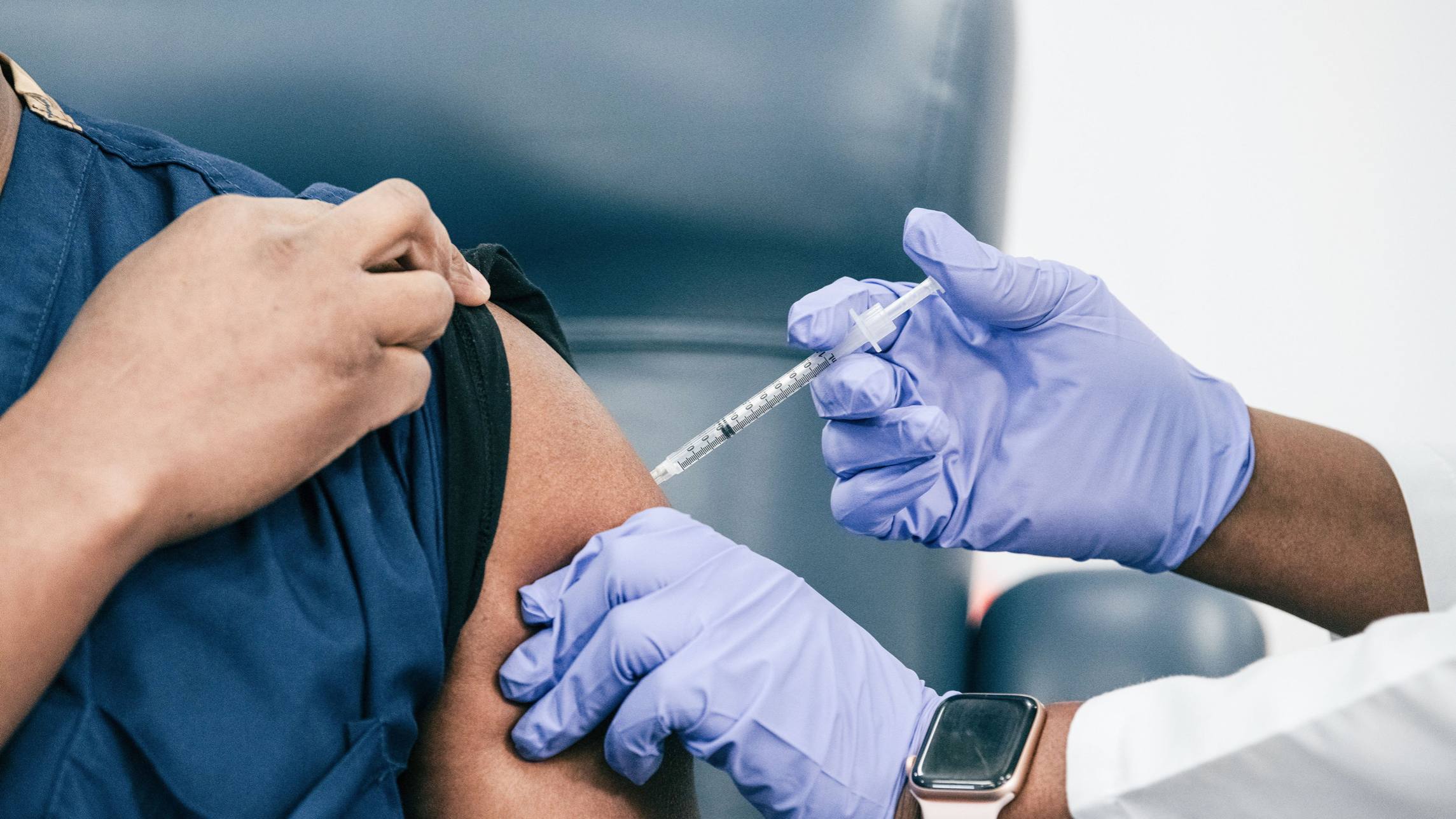Doctors turn to single antibiotic pill for patients in fight to curb syphilis surge
Facing an alarming surge of syphilis cases a group of US doctors recently deployed an experimental strategy: asking high-risk patients to take a single pill of a common antibiotic after unprotected sex to try to prevent infection.
San Francisco has become the first US public health authority to issue formal guidance recommending the strategy following the release of two studies showing doxycycline can slash transmission rates for the potentially life-threatening disease.
In July, a US study found that taking a single dose of doxycycline within 72 hours of having sex without using a condom reduced the risk of contracting syphilis, chlamydia and gonorrhoea by more than 60 per cent among people at high risk of contracting sexually transmitted infections.

But the strategy has raised concerns among some experts, who argue prescribing doxycycline to prevent bacterial STIs could boost resistance to an antibiotic that is also used to prevent malaria and treat other types of infections.

Annie Luetkemeyer, director of medicine and infectious diseases at the University of California San Francisco and a principal investigator on the study, said more surveillance data from communities where doxycycline was being prescribed was required to determine if the strategy would increase antibiotic resistance.
“We are revaluating the impact . . . on bystander bacteria like Staph aureus, commensal Neisseria (found in the throat) and the bacteria in the gut,” she said.
The CDC said it was “excited” by the initial findings of the UCSF study, which was funded by the National Institutes for Health. But Leandro Mena, director of the CDC division of STD prevention, said the agency wanted to review the full data and consider the issue of anti-microbial resistance before issuing formal guidance to doctors.
Mena said the agency was also encouraged by a recent study which suggested a vaccine targeting meningitis had shown promise in reducing the risk of gonorrhoea infections by as much as 40 per cent. Even a partially effective vaccine could have a significant effect in reducing rates of transmission, he said.
“If we could have a vaccine that could effectively reduce the risk of getting these infections. You know that would be the Holy Grail,” Mena added.
This story originally appeared on: Financial Times - Author:Caitlin Gilbert


























